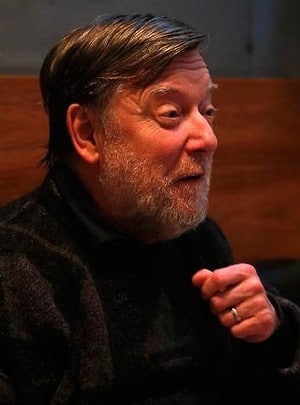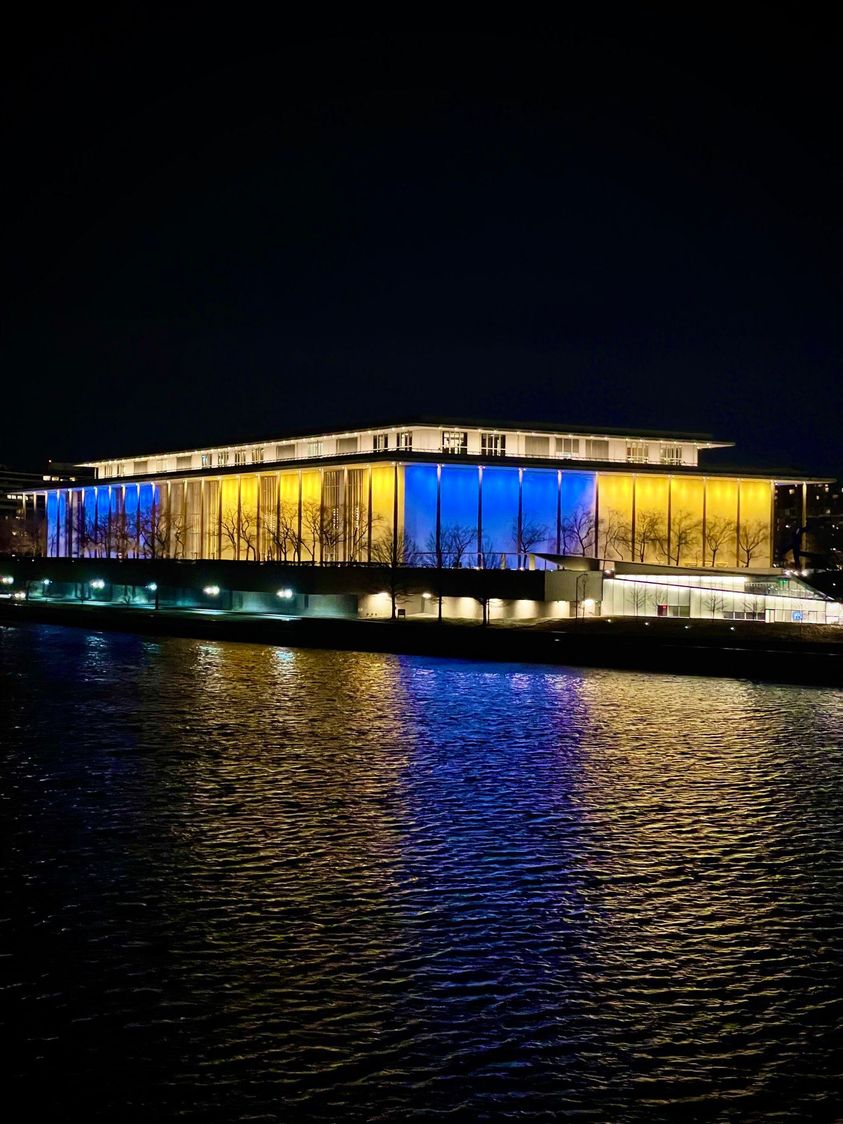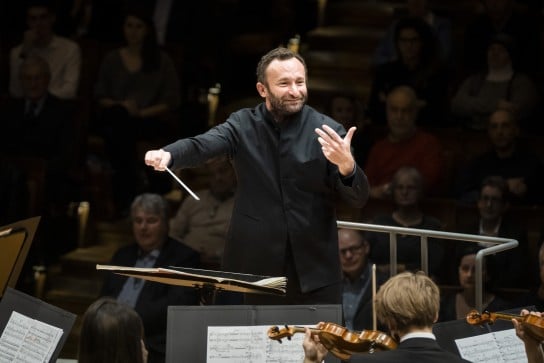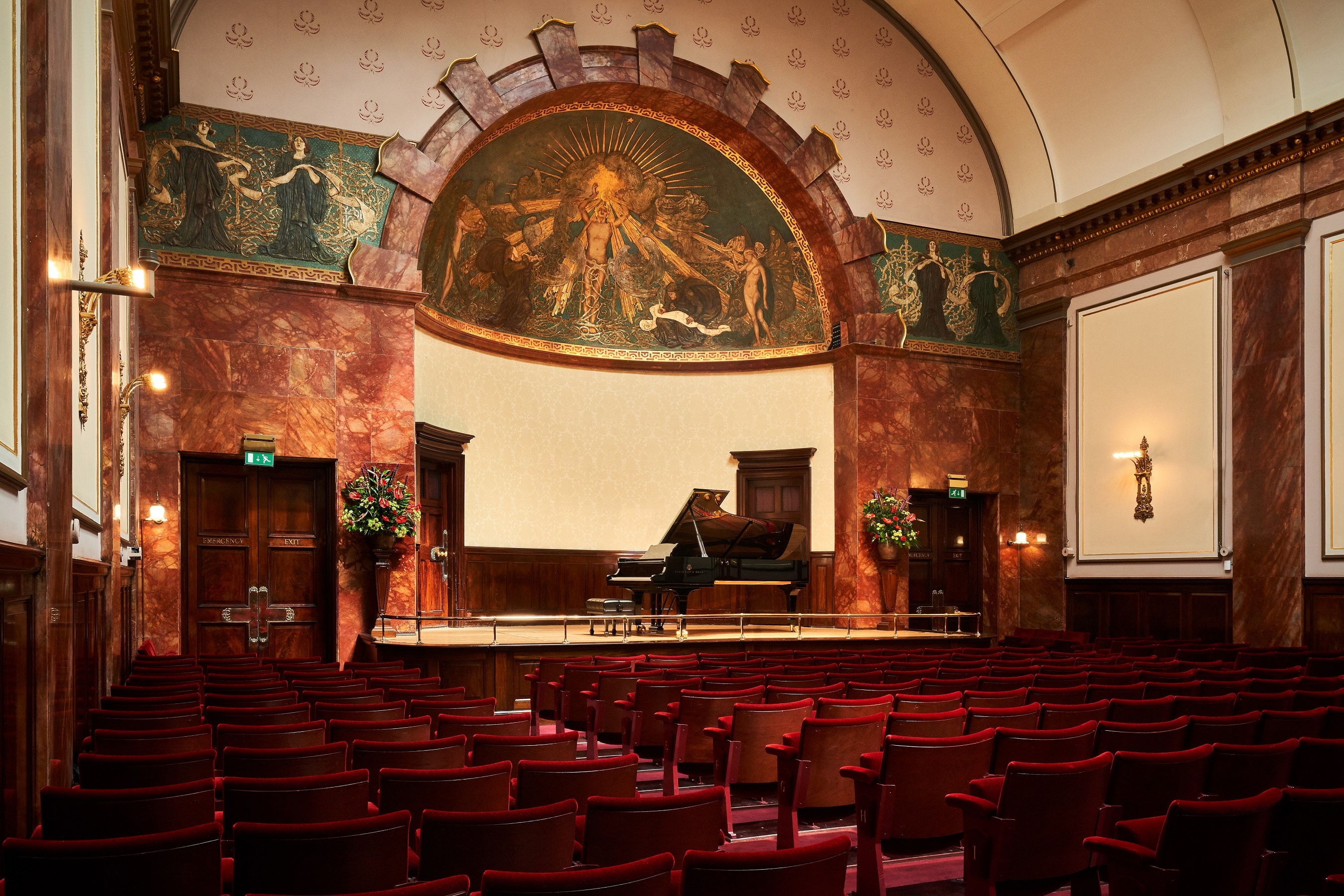Friends remember Sir Andrew Davis
RIPSakari Oramo: ‘Remembering with greatest respect and admiration everything Sir Andrew Davis did for music, and particularly for dear @BBCSO over many decades. Always with distinction and kindness.’
Stephen Maddock: ‘have so many happy memories of working with Sir Andrew at the BBC Proms in the 1990s. It was always quite a challenge to sort out his diary, as he was Glyndebourne Music Director at the same time. But we always managed, and there was so many magnificent concerts in that era. Fantastic Strauss, Messiaen, Tchaikovsky, Berg and Mahler alongside so many premieres and his important work on British music. He was a great musician and a very kind man. ‘
Stuart Skelton: I am beyond saddened by the death of Sir Andrew Davis. Some very fond memories of Elgar with him and @BBCSO and many concerts in Melbourne with @MelbSymphony. Each rehearsal or performance ending with the magical appearance of a Negroni and sneaking off for a cheeky ciggie. Vale, good Sir. Ruhe, ruhe du Gott. RIP Sir Andrew Davis (1944-2024).
Dame Sarah Connolly: ‘Terribly saddened to hear about Sir Andrew Davis. I can’t use the word ‘dead’ because in my memory he’s hale & hearty, self-deprecating & humble, smart, funny, super-sharp musically and I’m grateful the Fates allowed us to work together when I was a BBC Singer, a Glyndebourne chorister and later in many Elgar, Tippett, Strauss & Britten collaborations. Sir Andrew’s wish was to make things EASIER for his musicians and that takes great kindness, a deep soul and no arrogance’.
Alice Coote: ‘Sir Andrew Davis.. perspicacious of art and wit, a huge heart and soul resulting in egoless music making. I loved my times with him and music and am so grateful. A shocking and devastating loss to our world. I mourn and send much love to his family and friends.’
Sir David McVicar: ‘I loved Andrew. Very, very sad news. We will all miss him.’
Renee Fleming: ‘I’m saddened by the passing of the great Sir Andrew Davis, the last of a breed. He was a consummate musician, incredibly versatile, and a phenomenal colleague as well. He was that truly rare conductor who does everything superbly. His command across centuries of music and every possible style was just amazing– from something as epic as the Ring Cycle to the most sophisticated operetta– from the delicate textures of Strauss to the drama of Verdi. Especially gratifying to me, he understood the voice, and how to support it in an opera. But his performances of orchestra showpieces are legendary, too.
It was my great honor to perform with Sir Andrew all over the world, in London, New York, Barcelona, and even as far away as Australia. But it was at Lyric Opera of Chicago, where we both found an artistic home, that we most often collaborated. I was fortunate to have Sir Andrew at the podium for so many favorite performances there, as well as concerts with extraordinary singers like Dmitri Hvorostovsky and Jonas Kaufman. And it was rewarding to collaborate with him on unforgettable projects like the world premiere of Bel Canto.
And for me, one of Andrew’s primary qualities was his innate happiness. He was gifted with an infectious joy that somehow came through in every bar of music he made.’
Leonard Slatkin: ‘This is so sad. A wonderful human being who brought that humanity to his music making.’
Dame Anne Evans: ‘I wonder if you could post this Prelude and Liebestod from the 1997 Last Night of the Proms. For me his conducting of it was one of the most inspiring and profound experiences of my life.’
György Pauk: I was the soloist at his debut concert in London. I think we played the Berg Violin Concerto. He was a wonderful man and excellent conductor.’
Tasmin Little: ‘Totally heartbroken to hear of the death of Andrew Davis. So many memories of performances all over the world, recording sessions & numerous hilarious meals. Irreplaceable musician whom I will miss always.’
Julian Lloyd Webber: ‘Sad to learn of the death of Sir Andrew Davis. A great musician who was wonderful with his soloists. I treasure the memory of a lovely Delius Concerto in 2012.’
Sir Stephen Hough: ‘He was a wonderful collaborator in concertos – the sharpest ear and clearest stick’
Nicholas Collon: ‘Very sad news about Sir Andrew Davis. I will always cherish the last chord of Turangalila symphony with him and @NYO_GB in @bbcproms2001. In that moment he taught me to find a music intensity I didn’t yet know existed. A very sad loss to British music.’
Teresa Cahill: I am so sad to hear about the death of Sir Andrew Davis who was an exact contemporary of mine. We met first when we performed the 7 early songs of Alban Berg together with the Royal Liverpool Philharmonic Orchestra and later during the many performances Andrew conducted of Verdi’s Falstaff at Glyndebourne. when I sang Alice Ford. I remember his kindness when my husband Robert Saxton caught mumps during the run.
‘I was once in the audience at the Royal Festival Hall at a concert by Sawallisch and bumped into him. I asked him what he was doing there and he replied “O, I just thought I would come and see how the old master does it!”
Mark Biggins: ‘It was a great pleasure to assist the late Sir Andrew Davis last Autumn on a program of Stravinsky, Britten and Boulanger. Relaxed yet demanding, and full of fire for the music. He said Symphony of Psalms was one of his top five pieces, and it was a privilege to share it with him.’
Alexander Laskowski: ‘Very sad to hear about Sir Andrew’s death. I remember his (Weinberg) Passenger at the Lyric in Chicago as truly exceptional.’






Comments